Description
Miles Davis’ Golden Quintet entered a new dimension with “ESP,” which was composed entirely of original compositions by Miles and his fellow members. However, Miles went on hiatus for a while after recording due to hip arthritis. During that time, the other members released groundbreaking solo works, and performed live a few times without Miles, with Shorter at the front! The term “new mainstream jazz” was first used (named) by Ira Gidler in the liner notes of Miles’ album “Miles Smiles.” However, it all began with “ESP,” which was written entirely by Miles’ Golden Quintet. This album was the first to feature the eight-beat, and is filled with new elements that make even previous jazz and modes seem old, shining as a masterpiece that does not sound old to modern ears. In other words, “ESP” was the first album of “new mainstream jazz”! In Miles’ long musical career, this Golden Quintet was the only group where all the members of the group worked on an equal footing. Miles, who had complete trust in Shorter, recalled in an interview, “That quintet could play anything they wanted. There was no group that could communicate with each other so smoothly. Wayne is better than Trane in that respect.” However, just as they were about to perform a concert and surprise the audience, with the album (ESP) complete, Miles was unable to perform for a while due to hip arthritis. The members, who had grasped something new and were approaching the peak of their creativity, released one groundbreaking leader album after another in 1965, in Miles’ absence. Wayne Shorter’s “A Prophet,” “Etcetera,” “The All Seeing Eye,” Herbie Hancock’s “Maiden Voyage,” and Tony Williams’ “Spring” are all masterpieces that represent “new mainstream jazz.” Furthermore, they wanted to try out the results on stage, and due to financial reasons, they decided to perform live. However, even though they were called Miles’ Golden Quintet, at the time the public only knew them as Miles’ backing band, so they had no intention of deceiving anyone, but they went to the concert under the name “Miles Davis All-Stars”. The members were Wayne Shorter, Herbie Hancock, Tony Williams, and Art Davis on bass, making up a quartet, and of course the set list consisted of six songs from the members’ repertoire, including “The Eye of the Hurricane” and “Virgo”, which were included on the members’ leader albums. In other words, this is the prototype of V.S.O.P. 11 years later. This rare record is a 45-minute complete recording of the performance at the Village Vanguard in New York on August 1, 1965, from this precious, rare concert that was only held a few times and was carefully mastered by the label itself, and recorded on a super high-quality sound board that far surpasses the previous releases! During this time, the other members of the band, especially Tony, were also interested in free jazz, which was sweeping the jazz world at the time, such as Ornette Coleman, John Coltrane, and Cecil Taylor. They skillfully combined elements of free jazz with the new mainstream jazz that developed from the modes established by Miles’ golden quintet, and performed a new type of jazz that no one had heard at the time throughout the entire performance. You can hear the strange high-tension performance reminiscent of the “fight” session at Plugged Nickel a few months later, where you can see that many audience members, not just fans, were watching the performance, such as the performance that combined free form and rock, to see what would happen after they mastered the modes! ! People who were lured by the group’s name, “Miles Davis All-Stars,” came to the venue, but when the curtain opened, Miles was not there? The audience was angry, thinking that they had been scammed, but when the curtain closed, they left the venue with a satisfied look on their faces! Of course they did! Listen to this performance! !
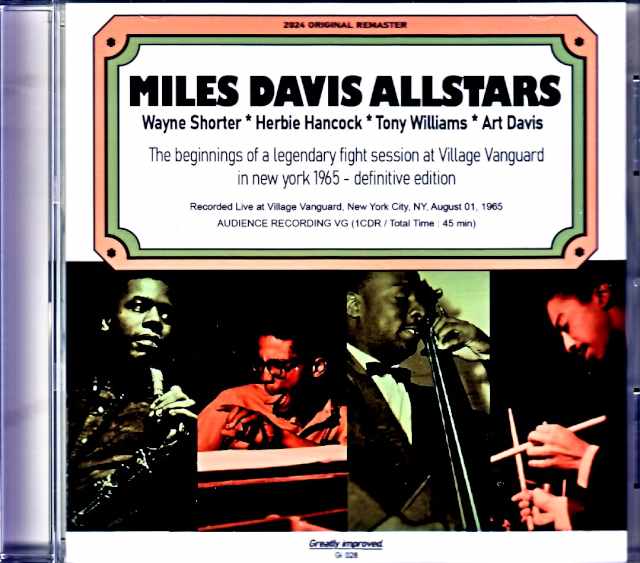
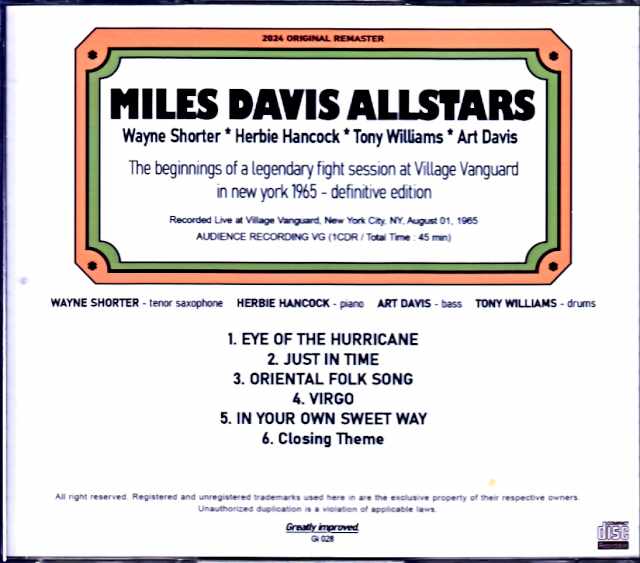

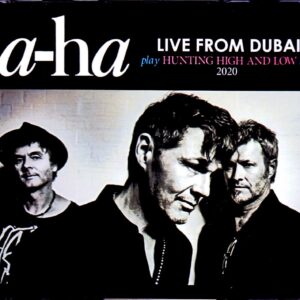
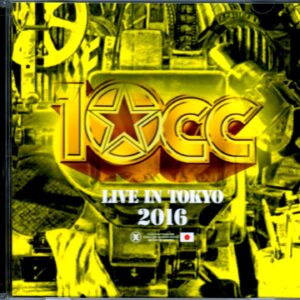
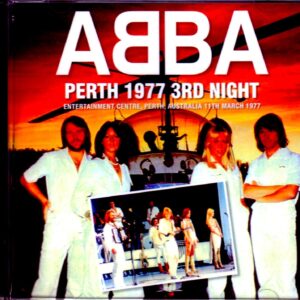
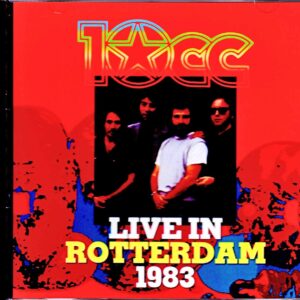
Reviews
There are no reviews yet.